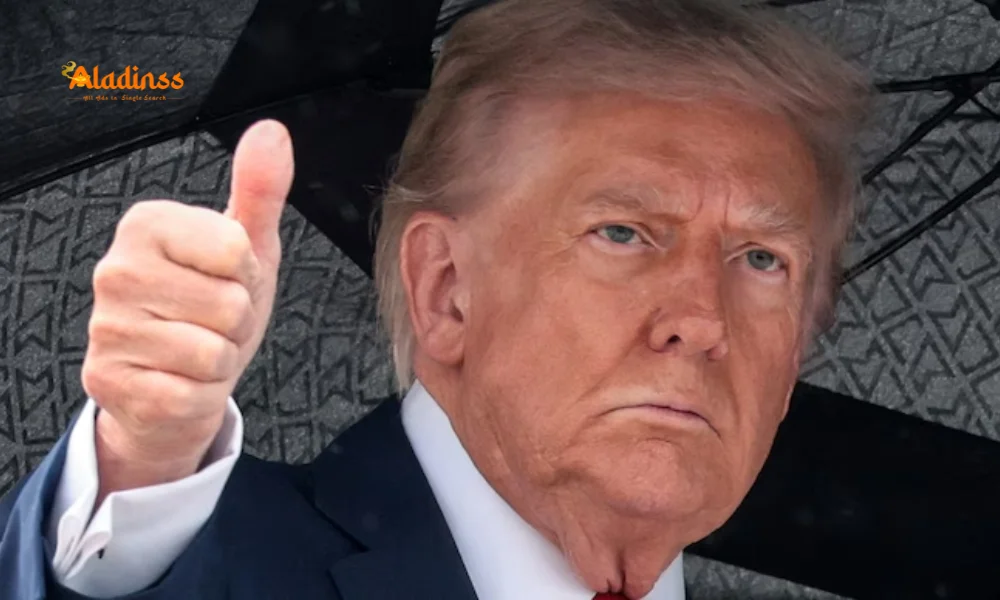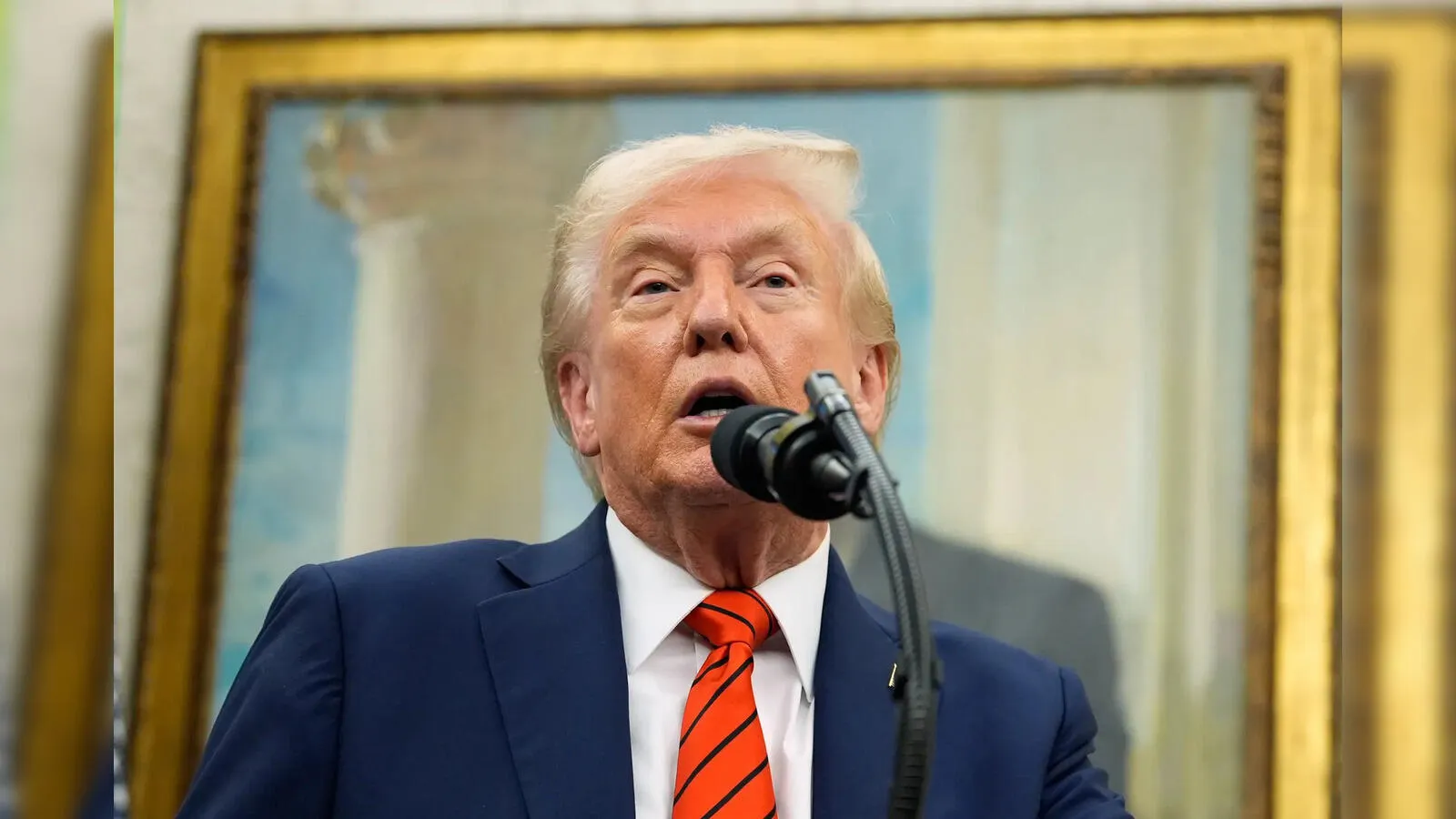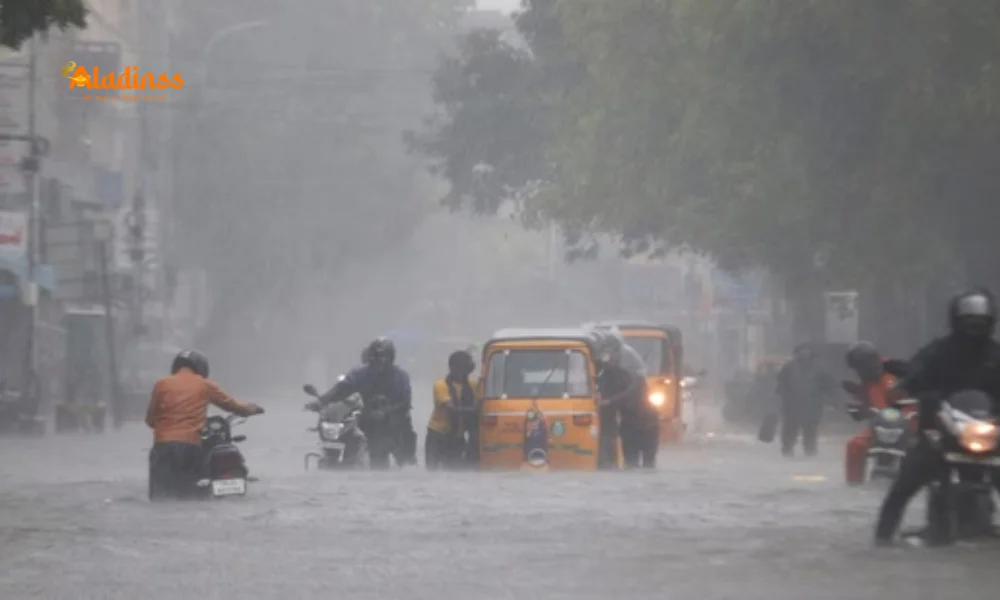Exclusive: Trump Outlines Strategy to End Escalating Afghan-Pakistan Clash

Trump Vows to End Afghanistan-Pakistan Border Crisis
US President Donald Trump has stepped into the escalating Afghanistan-Pakistan conflict, confidently asserting he can resolve the deadly border dispute with ease. Speaking to reporters on Saturday, Trump described the ongoing clashes between Pakistan and Afghanistan as “an easy one” to solve, emphasizing his commitment to preventing loss of life. The statement comes amid renewed violence, including Pakistani airstrikes in Afghanistan’s Barmal and Urgun districts, which have shattered a fragile 48-hour ceasefire and heightened tensions in South Asia.
The Afghanistan-Pakistan conflict, marked by fierce ground fighting and airstrikes, has claimed numerous lives and strained diplomatic relations. Pakistan accuses the Taliban-led Afghan government of sheltering militants, particularly the Tehreek-e-Taliban Pakistan (TTP), responsible for attacks within its borders. Afghanistan, in turn, denies these claims, urging Pakistan to address its internal security challenges. Trump’s offer to mediate has sparked interest, as both nations struggle to maintain a ceasefire brokered through talks in Doha with support from Saudi Arabia and Qatar.

Trump’s Bold Claim to Resolve Conflict
During his remarks, Trump expressed confidence in his ability to broker peace, stating, “I love solving wars, and I’ve saved millions and millions of lives.” He highlighted his track record of prioritizing human lives, suggesting that the Afghanistan-Pakistan border crisis could be resolved swiftly under his leadership. While Trump acknowledged his primary focus on governing the United States, he indicated a willingness to intervene if necessary, raising hopes for a diplomatic breakthrough in the volatile region.
The US president’s comments follow a week of intense violence along the Afghanistan-Pakistan border, where both nations have reported significant casualties. The conflict intensified after a suicide attack in Pakistan’s North Waziristan district killed seven soldiers and injured 13 others. Pakistani security officials reported that militants used an explosive-laden vehicle to breach a military camp, with two additional attackers killed during the assault. The attack, attributed to the TTP, prompted Pakistan to launch retaliatory airstrikes in Afghanistan, further escalating the crisis.
Ceasefire Under Strain
Despite a 48-hour ceasefire extension agreed upon by Pakistan and Afghanistan, recent airstrikes have jeopardled doubts about its sustainability. According to a police spokesperson cited by Reuters, Pakistan conducted strikes in Afghanistan’s Barmal and Urgun districts, targeting suspected militant hideouts. The Taliban condemned the attacks, with spokesperson Zabihullah Mujahid stating that Kabul had instructed its forces to uphold the ceasefire unless provoked. The violation of the truce has jeopardled fears of renewed hostilities, undermining diplomatic efforts in Doha.
The Doha talks, mediated by Saudi Arabia and Qatar, aim to de-escalate tensions and address the root causes of the conflict. Both nations have expressed a willingness to pursue dialogue, but the recent airstrikes have complicated these efforts. Pakistan’s Prime Minister Shehbaz Sharif confirmed that six militants were killed in the North Waziristan attack, underscoring the ongoing threat posed by groups like the TTP. The Taliban, however, maintains that Pakistan’s accusations of harboring militants are baseless, calling for mutual cooperation to address security concerns.
Roots of the Afghanistan-Pakistan Conflict
The Afghanistan-Pakistan conflict has deep historical roots, centered around the contentious Durand Line, a colonial-era border that remains a flashpoint. Pakistan has long accused the Taliban-led Afghan government of failing to curb TTP activities, which have intensified since the Taliban’s return to power in 2021 following the withdrawal of US-led forces. The TTP, a distinct entity from the Afghan Taliban, has claimed responsibility for numerous attacks in Pakistan, including the recent North Waziristan assault.
Afghanistan, in response, argues that Pakistan’s security challenges are internal and should not be attributed to Kabul. The Taliban has called for Pakistan to strengthen its border security and address militancy within its territory. This mutual blame game has fueled distrust, with both sides engaging in cross-border skirmishes and airstrikes. The recent violence marks one of the deadliest periods in recent years, with dozens killed and hundreds injured on both sides.
Regional and International Implications
The Afghanistan-Pakistan conflict has significant implications for regional stability in South Asia. The involvement of external mediators like Saudi Arabia and Qatar highlights the international community’s concern over the escalating violence. Trump’s offer to intervene has drawn attention, given his history of engaging in high-stakes diplomacy. However, the complexity of the conflict, rooted in historical grievances and militancy, poses a challenge even for seasoned mediators.
The violence has also disrupted cultural and economic ties. The Afghanistan Cricket Board’s withdrawal from a planned T20 tri-series with Pakistan and Sri Lanka underscores the broader impact of the conflict. Civilian casualties, including children, have drawn condemnation from humanitarian organizations, which have called for both nations to prioritize the safety of non-combatants. The international community continues to urge restraint, emphasizing the need for dialogue to prevent further bloodshed.
Challenges to Peace
The path to peace remains fraught with challenges. The breakdown of the ceasefire has eroded trust, with both sides accusing each other of violating agreements. Pakistan’s insistence on targeting TTP hideouts in Afghanistan has led to civilian casualties, further complicating diplomatic efforts. The Taliban’s threat of retaliation raises the specter of a prolonged conflict, potentially drawing in other regional actors and destabilizing South Asia.
Trump’s optimistic rhetoric contrasts with the ground reality, where deep-seated mistrust and militancy continue to drive violence. The Doha talks represent a glimmer of hope, but their success depends on both nations’ willingness to compromise. The international community, including the United States, must navigate these complexities to facilitate a lasting resolution. As the conflict unfolds, the world watches closely, hoping for a de-escalation that prioritizes peace and stability.
The Afghanistan-Pakistan border crisis underscores the fragility of regional security in South Asia. With civilian lives at stake and diplomatic efforts faltering, the need for a sustainable resolution is urgent. Trump’s involvement could provide a new perspective, but the path forward will require careful diplomacy and cooperation from all parties involved.
Comment / Reply From
No comments yet. Be the first to comment!











